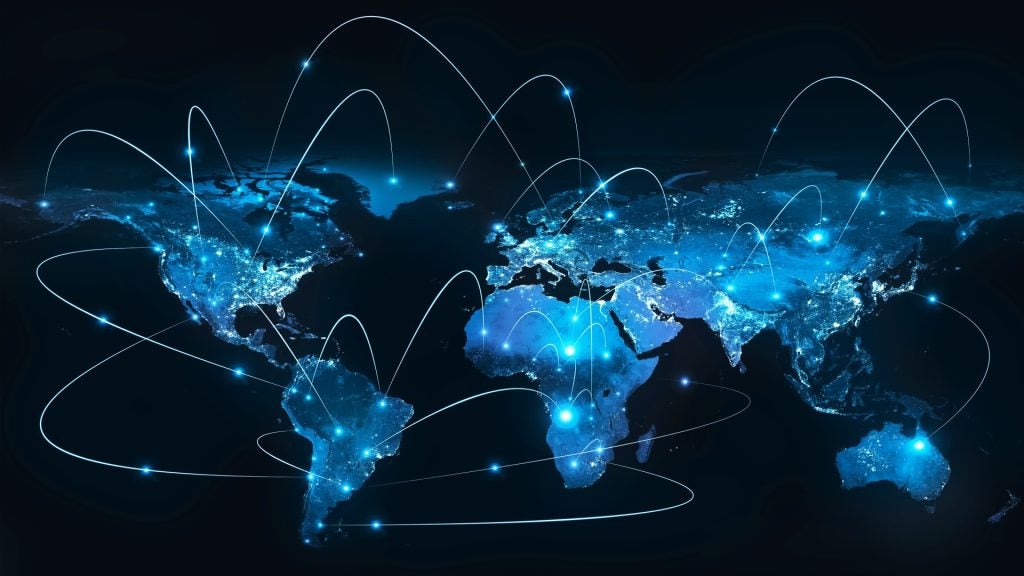
The traditional internet is under threat from the splinternet. The term describes the fragmentation of the internet into competing technospheres. Nation states increasingly impose restrictions that put pressure on the internet governance system established decades ago.
Autocratic regimes are reshaping global norms and standards. For example, in 2019, Russia Introduced the Sovereign Internet Law. This allows the Kremlin to switch off connections to the worldwide web “in an emergency.” However, Russia is not alone in causing the splinternet.
Seventy per cent of global internet shutdowns in 2020 were in India, according to The Times of India. In 2021, the Nigerian government suspended Twitter’s operations in the country, just two days after the platform deleted a tweet by President Buhari for violating its rules.
These countries have competing ideological models for the internet that include open, normative, authoritarian and hybrid splinternet models. Each of these models adds to the fracturing of the internet, creating a more diverse splinternet. So how do they differ?
Open model
The open model focuses on maintaining the original idea of the internet. It is embraced by the US, the UK and Australia. The set of standards it is built on are designed to avoid centralised control.
This internet architecture enables interoperability and communication between different devices and networks. It allows anyone to add new tools and services without permission.
How well do you really know your competitors?
Access the most comprehensive Company Profiles on the market, powered by GlobalData. Save hours of research. Gain competitive edge.

Thank you!
Your download email will arrive shortly
Not ready to buy yet? Download a free sample
We are confident about the unique quality of our Company Profiles. However, we want you to make the most beneficial decision for your business, so we offer a free sample that you can download by submitting the below form
By GlobalDataThis structure still holds today. The cost is that Big Tech now exerts significant influence on the internet. For example, Apple is increasingly setting privacy standards. Its App Tracking Transparency feature gives users greater control of their data.
Apple has also acted as a gatekeeper when setting rules on who can access its App Store. Game developers and regulators are increasingly challenging Apple, arguing that it can choke competition. In the Epic Games v Apple trial in 2021, Fortnite-maker Epic Games claimed Apple’s App Store practices were monopolistic.
Normative model
Europe has a different model with a more normative approach. It adds to the idea of the splinternet because it differs from the laissez-faire attitudes of the open model. Europe’s normative model shares most of the principles underpinning the open internet. At the same time it has an added focus on human rights-based regulation.
The EU has launched regulatory initiatives such as the Digital Markets Act to prevent abuse of market power and ensure secure handling of data. The EU also wants to build a European cloud to strengthen Europe’s data sovereignty and address the domination of the market by non-European suppliers.
Some of the legislation proposed might result in data localisation. This may limit many routine data flows from the EU to the US, China, India and other non-EU countries.
Authoritarian model
Another aspect of the splinternet can be found in several authoritarian states. The authoritarian model aspires to assert control over the fundamental architecture of the internet. China is the poster child for the authoritarian model. However, it is becoming increasingly attractive to other countries seeking to intervene in the digital sphere, such as Iran, Russia and Saudi Arabia.
The authoritarian model allows governments to extend their grip on economic and social actors. Beijing’s crackdown of its tech sector can be seen through this lens. For example, Chinese authorities have targeted tech firms like Alibaba, Tencent and Meituan in order to assert control over the web. This was prompted by fears that they were gaining control over ever-larger swaths of the economy.
The New Internet Protocol (New IP) proposed by Huawei represents the biggest challenge to how the internet is run. New IP is an internet architecture with a top-to-bottom design. Critics fear that it would enable access to every device connected to the network, making it easier to crackdown on dissidents. If the New IP gains legitimacy, it could well signal the splintering of the internet into Western and Chinese versions.
Hybrid model
The final iteration of the splinternet is the so-called hybrid model. Countries falling into this category – such as India, Brazil, Turkey, and Nigeria – eschew the full authoritarian model but do not fully embrace the idea of an open internet.
Some of them are emerging economies still determining which regulatory and ethical frameworks they will apply. However, their policy choices could have a major influence on the future direction of international digital governance.
Big nations are trying to nudge those countries to follow their lead. For example, China has become a valuable partner to emerging economies through the Digital Silk Road initiative. This provides technological investment and is part of China’s strategy to grow its power internationally. However, it may enable leaders in these countries to impose greater censorship, enable shutdowns, and even decouple from the global internet.







Related Company Profiles
Apple Inc
Meituan